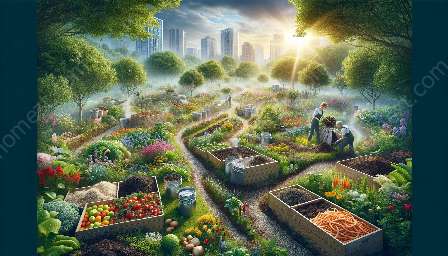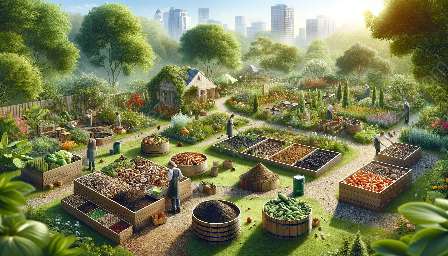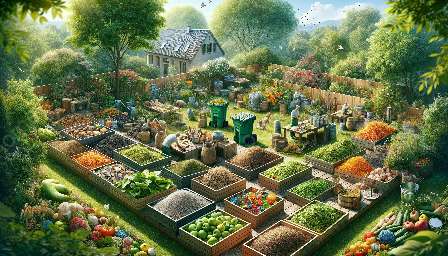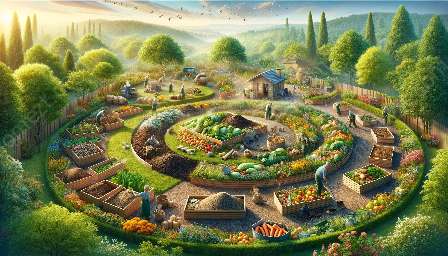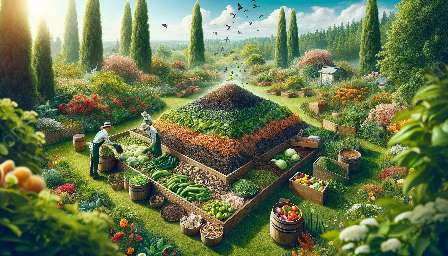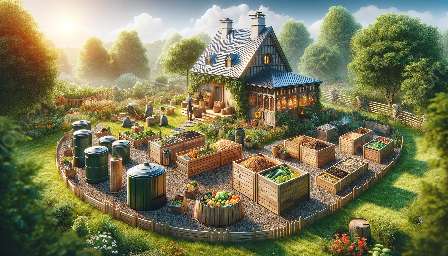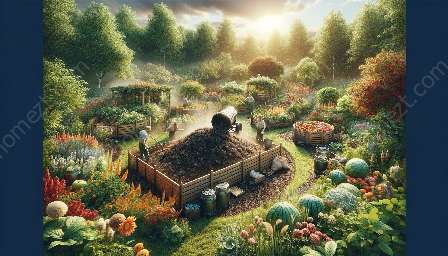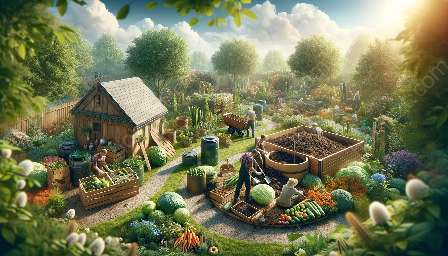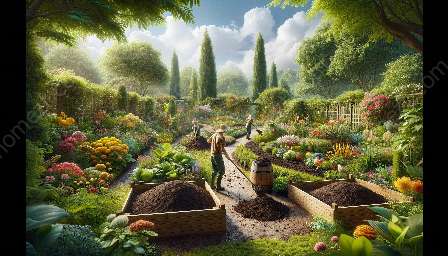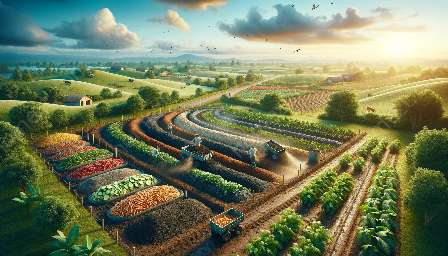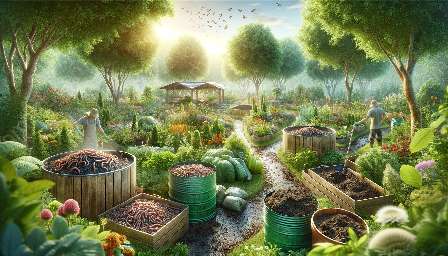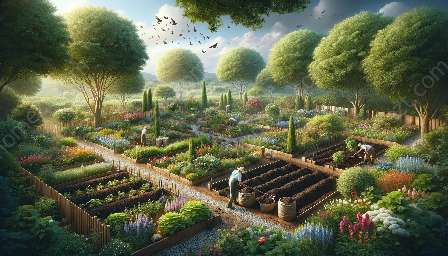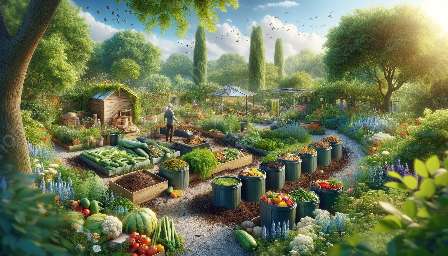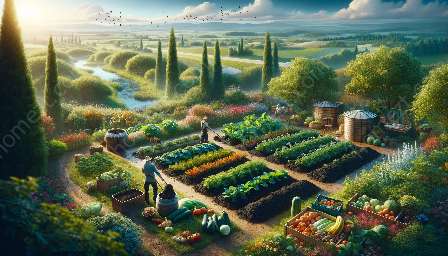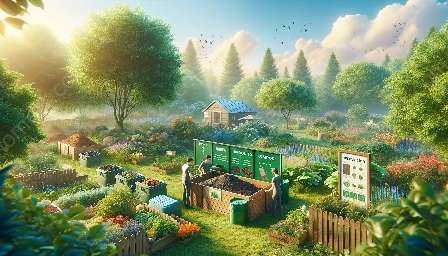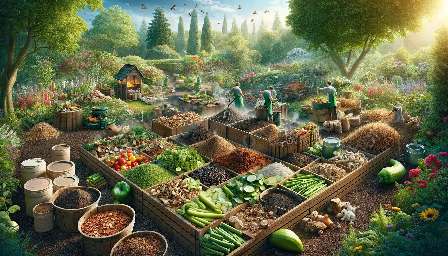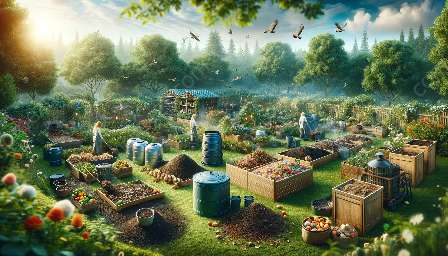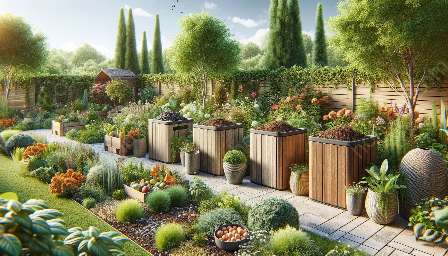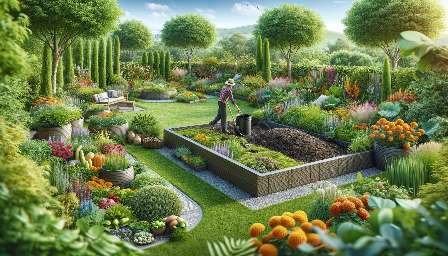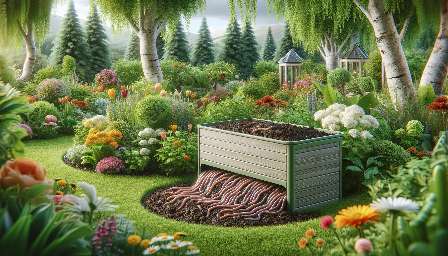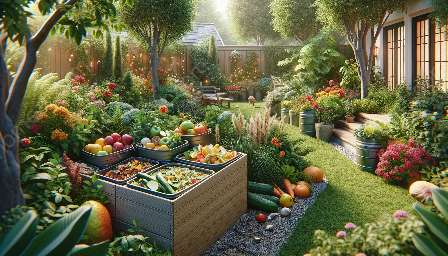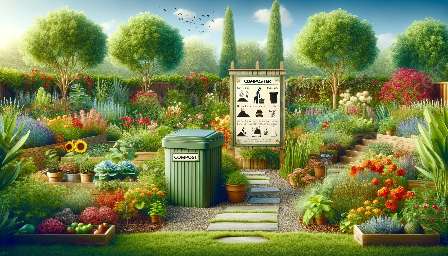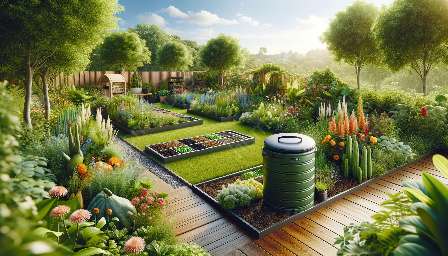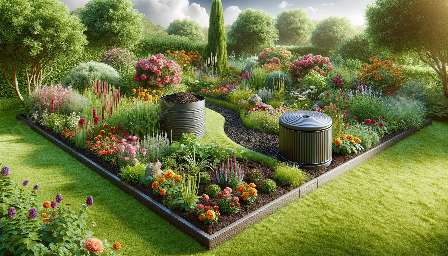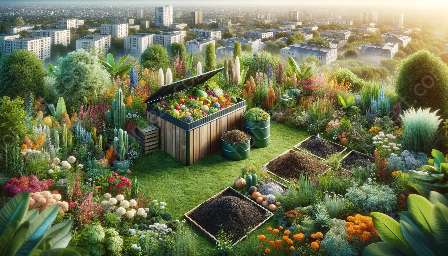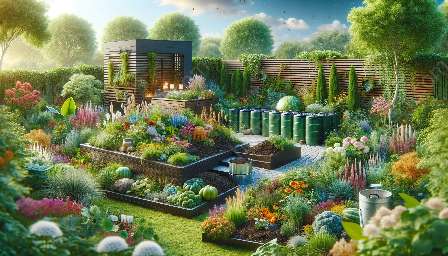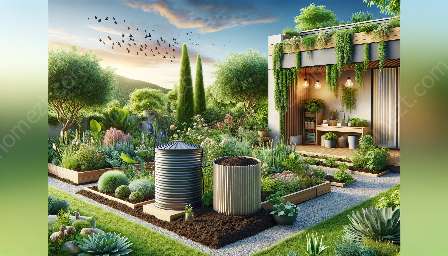Organic waste management and soil enrichment are essential practices for a successful gardening and landscaping experience. At the core of these practices is the art of composting, which plays a pivotal role in maintaining soil health and supporting plant growth. In this comprehensive guide, we will explore the benefits of composting, the impact on soil health, and its direct relevance to gardening and landscaping.
The Science of Composting
Composting is the process of breaking down organic materials into a nutrient-rich soil amendment known as compost. This natural decomposition process is facilitated by microorganisms, such as bacteria, fungi, and other decomposers, which transform organic matter into a valuable resource for gardeners and landscapers.
Benefits of Composting for Soil Health
1. Enriches Soil: Compost provides essential nutrients, improves soil structure, and enhances water retention, promoting a healthy environment for plant roots.
2. Balances pH Levels: The organic matter in compost helps stabilize soil pH, ensuring optimal conditions for plant growth and nutrient uptake.
3. Suppresses Diseases: Healthy soil, enriched with compost, can suppress certain plant diseases, contributing to the overall well-being of the garden.
Composting in Gardening and Landscaping
Composting is closely intertwined with gardening and landscaping, offering numerous advantages that can transform the way we cultivate and maintain our outdoor spaces. Utilizing compost in these practices can yield the following benefits:
- 1. Improved Plant Growth: Adding compost to soil helps maximize plant growth and productivity, leading to a more vibrant and flourishing garden.
- 2. Sustainable Soil Management: Composting aligns with sustainable gardening and landscaping principles, fostering a healthy ecosystem and reducing the reliance on chemical fertilizers.
- 3. Environmental Conservation: By recycling organic waste through composting, gardeners and landscapers contribute to reducing landfill waste and overall environmental impact.
Practical Applications of Composting
When embarking on the journey of composting for gardening and landscaping, it's essential to incorporate best practices and consider the following tips:
- Start with the Right Mix: Balancing green (nitrogen-rich) and brown (carbon-rich) materials is essential for successful composting.
- Regular Turning and Aerating: Turning the compost pile regularly promotes decomposition and helps maintain optimal oxygen levels.
- Utilize Compost Tea: Compost tea, a liquid extract from compost, can be used as a natural fertilizer and soil conditioner for plants.
By implementing these practical tips and understanding the significance of composting, gardeners and landscapers can harness the full potential of organic waste for soil health and garden vitality.

